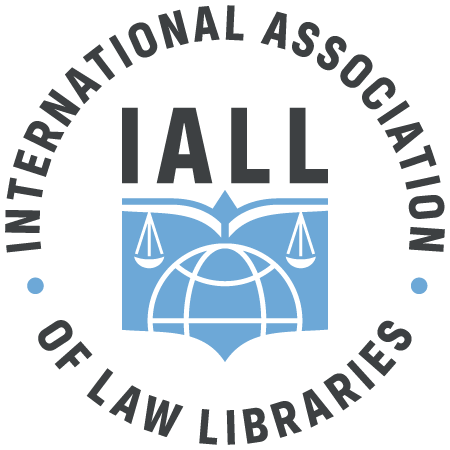We live in an age where we can share information in any form at any time, on diverse platforms. Sharing is a simple and incredibly powerful act but has serious implications in its simplicity. What makes it simple is the internet, the world wide web. What makes is powerful is the collaboration and innovation. And what makes it complicated is the copyright, the legal concept. Copyright laws vary from one country to another but traditional copyright laws with “all rights reserved” concept are still commonly in place all over the world. This brings huge amount of limitations in use of a copyrighted work by law. User of a copyrighted work needs permission from the right holder to copy, modify, perform, share or re-use the work. Imagine yourself finding (if you can) and asking for permission to share an image, gif, news, no-name articles, video that you find on the internet, every time you like to post something on social media. Because, by law, this is what you need to do. Think about potential copyright violations every day in schools by teachers showing a video in a class, using learning materials outside school premises.
The gap between what we are bound by copyright laws and the potential of internet is substantial. Traditional copyright laws are inadequate to serve in today’s digital environment. Creative Commons (CC) open licenses provide an alternative way to this outdated form of copyright. CC is known with its “some rights reserved” approach to traditional copyright forms. It provides tools for the right holders to communicate their terms of use with the end users. It supports the legal use of creative works on the internet to disseminate and re-use them. Using CC licenses is being part of a sharing culture which leads to collaboration, increase creativity and push for innovation. Sharing culture comes with openness and transparency governed by relevant policies with supportive infrastructures.
CC licenses are available in variety of languages to allow communities to embrace the open licenses in their own language and share more. Check out Creative Commons Blog for number of ongoing activities all over the world to put things RIGHT in copyright. Turkey joined the Creative Commons network in 2016 with tremendous effort from librarians and researchers. Then Turkish translation of 4.0 licenses released by Creative Commons Turkey in May 2017. This was a milestone achievement and we believe that it will help significantly to improve open policies which lead the way for an open, innovative, and a democratic society.
Librarians have a vital role to play in this movement. Their core role on managing and making resources available continues to expand in the context of openness. Open licenses are fundamental to comply with open principles. On top of common standards and the supportive infrastructures, librarians need to make sure the necessary legal framework is in place for legal sharing. They need to provide the guidance to their community on how to make their work accessible, shareable and re-usable including where and how to find them. Librarians have always been pioneers and strong advocates for open access to scientific and educational literature for users. Similarly, they act as change agent in open licensing by applying relevant standards in their systems, liaising their users and building bridges between communities.
İlkay Holt Public Lead, Creative Commons Turkey
This Blog contains entries by members of the International Association of Law Libraries on issues germane to the Association’s areas of focus. Views expressed in an individual entry only represent the views of the author.
